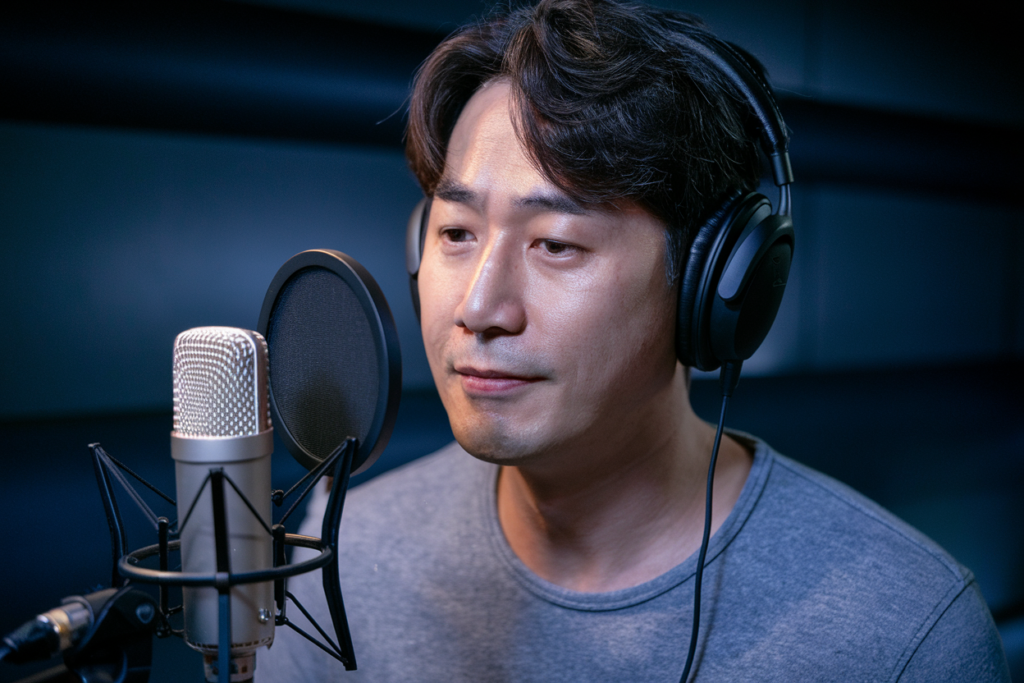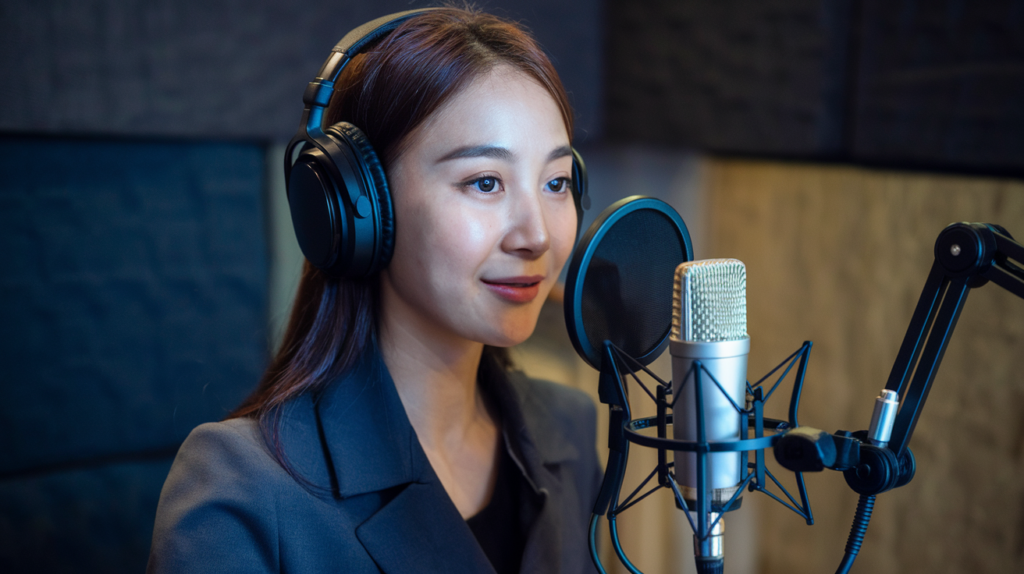Korean voice artists have gained immense recognition globally due to the rise of Korean pop culture, or “Hallyu,” including K-dramas, K-pop, and Korean cinema. They play a vital role in delivering authentic and engaging audio content across various industries. From animation to commercials, these professionals bring scripts to life, capturing the essence of the Korean language and culture.
Understanding Korean Voice Artists
The Role of Korean Voice Artists
Korean voice artists specialize in providing voiceovers for various mediums, including:
- Television and radio commercials: Creating engaging advertisements with clear, persuasive delivery.
- Animation and video games: Offering unique character voices that resonate with audiences.
- Corporate narrations: Delivering professional and polished audio for presentations or training materials.
- Audiobooks: Narrating stories in a manner that keeps listeners captivated.
Skills of a Korean Voice Artist
Professional Korean voice artists possess:
- Linguistic proficiency: Mastery of Korean phonetics and grammar to ensure clarity.
- Cultural insight: An understanding of Korean idioms, tone, and expressions to connect with local audiences.
- Versatility: The ability to adapt to various tones, from formal corporate narrations to playful animated characters.
Korean Voice Over Services
Why Choose Korean Voice Artists for Your Project?
When targeting Korean-speaking audiences, authenticity is key. Native Korean voice artists:
- Convey cultural nuances effectively.
- Provide accents and pronunciations that resonate with native speakers.
- Deliver content that feels natural and relatable to the audience.
Popular Industries That Use Korean Voice Artists
- Entertainment: Dubbing K-dramas or localizing global films into Korean.
- Gaming: Adding localized voiceovers for Korean gamers.
- E-Learning: Creating Korean-language courses for education and training purposes.
- Marketing: Producing ads tailored to Korean markets.
Language, Accent, and Dialects in Korean Voice Overs
Standard Korean (Seoul Dialect)
The Seoul dialect, considered the standard form of Korean, is commonly used in voiceover projects. It ensures a neutral and widely understood delivery, ideal for most professional recordings.
Regional Dialects in Korea
While the Seoul dialect dominates, there are distinct regional dialects that add depth to specific projects:
- Gyeongsang Dialect: Known for its sharp tone, often associated with regions like Busan.
- Jeolla Dialect: Recognized for its melodic and softer speech patterns.
- Jeju Dialect: Unique and distinct, occasionally used in niche projects.
Accents and Their Impact
For international projects, Korean voice artists may adapt their delivery to suit:
- Korean-accented English: Perfect for brands targeting Korean-speaking expats or bilingual audiences.
- Localized Korean: Adjusting delivery for regions outside Korea, like Korean-speaking communities in China or the U.S.
Choosing the Right Korean Voice Artist
Factors to Consider
- Project Type: Animation may require a more expressive tone, while corporate narrations demand clarity and professionalism.
- Experience: Look for artists with a portfolio that matches your project’s requirements.
- Language Expertise: Ensure the artist is proficient in any regional dialect or accent your project may need.
Working with Agencies
Collaborating with a professional voiceover agency ensures access to:
- A pool of skilled Korean voice artists.
- High-quality recordings with advanced equipment.
- Assistance with script localization and cultural adaptation.
By working with talented Korean voice artists, you can create impactful, culturally authentic content that resonates with your audience.







